Discerning the Safety of Intermittent Fasting

A HEALTHIER YOU: DISCERNING THE SAFETY (OR POSSIBLE LACK THEREOF?) OF INTERMITTENT FASTING
Greetings, esteemed reader! Step into the captivating realm of intermittent fasting, akin to a dietary superhero. It boasts of sculpting a healthier, leaner you with minimal effort. Imagine a routine where you alternate between eating and not eating, seemingly leading to peak health. But, is it truly a health panacea or merely a passing trend? Join us as we don our investigative caps and dive into the world of intermittent fasting, examining whether it's a true health boon or just another fleeting diet craze.
DECIPHERING INTERMITENT FASTING... OR ATTEMPTING TO
Intermittent fasting has become a buzzword, and it's not solely because the term sounds sophisticated at social gatherings. This fashionable eating style involves alternating between eating and fasting phases. Simple on the surface, right? But it can be as intricate as unraveling a cat's fixation with cardboard. There's the 16/8 method, the 5:2 regimen, Eat-Stop-Eat, among others - a veritable smorgasbord of fasting choices. The optimal method? That's subjective and varies with personal preferences.
Let's dissect these methods as if unraveling a complex suspense novel. The 16/8 technique entails 16 hours of fasting followed by an 8-hour eating window, presenting a daily rhythm of abstaining and indulging. Next, the 5:2 diet involves normal eating for five days, then drastically cutting calories for two days, akin to an unexpected twist in a narrative. Lastly, Eat-Stop-Eat prescribes a full 24-hour fast once or twice weekly, adding an element of suspense to the fasting experience.
THE REALITY OF INTERMITTENT FASTING SAFETY
Safety in intermittent fasting is a topic as prevalent as confetti at celebrations. But what's the truth behind its safety? Let's explore this in a manner digestible to all:
-
METABOLIC HEALTH: Intermittent fasting is claimed to enhance metabolism, akin to a rejuvenating pit stop for the body. However, is this effect significant, or does metabolism continue unaffected by fasting? This discussion is as heated as a boxing match.
-
CARDIAC HEALTH: Proponents laud intermittent fasting as a boon for heart health, potentially lowering cholesterol and blood pressure like a dietary hero. Yet, is it the ultimate savior of cardiac wellness, or do factors like exercise and diet play a significant role? A pulsating enigma indeed.
-
WEIGHT MANAGEMENT: Intermittent fasting is often hailed as a miraculous approach to weight loss. Imagine it as the dieting world's Willy Wonka, sans the chocolate river. But the question remains: does it truly aid in weight reduction through time-restricted eating, or is it merely a temporary illusion of appetite control? The scales of truth are yet to tip definitively.
-
CELLULAR REPAIR AND LONGEVITY: Autophagy, the body's mechanism for purging damaged cells, is frequently associated with intermittent fasting. This process is believed to aid in cellular repair and potentially extend lifespan. But does it actually transform our cells into efficient janitors of health? A cellular transformation saga!
-
NEUROLOGICAL HEALTH: Intermittent fasting is touted to enhance brain functionality, potentially sharpening mental acuity. However, is this improvement genuine, or is it a byproduct of anticipation for the next meal? A conundrum that tickles the brain.
IMPLEMENTING INTERMITTENT FASTING SAFELY... OR NOT
Let's delve into strategies for adopting intermittent fasting safely, akin to cushioning yourself with marshmallows:
-
CONSULTATION WITH HEALTH PROFESSIONALS: Prior to embarking on intermittent fasting, it's wise to seek advice from healthcare experts. They may endorse it enthusiastically, or their expressions might question your dietary choices. A consultation dilemma indeed.
-
EASE INTO FASTING: Start with shorter fasting durations and incrementally extend them. Or, for the more daring, dive in headfirst as if running late for an urgent appointment. Gradual adaptation - who has time for that?
-
MAINTAIN HYDRATION: While food might be off-limits, staying hydrated is not. Quench your thirst as if partaking in a feast. But beware, don't mistake your water bottle for a snack - a surprisingly easy blunder.
-
BALANCED NUTRITION: Break your fast with a nutritious meal. Yet, let's face it, you're more likely to grab whatever is closest at hand. Ideally, a well-rounded meal is the goal, but hunger often has other plans.
THE PATH TOWARDS A HEALTHIER YOU (OR SO IT'S BELIEVED)
Intermittent fasting, the dietary darling, promises a rejuvenated you, akin to a fitness coach in edible form. But, amid these assurances, are we genuinely reaching new health heights, or are we merely excellent at self-convincing while daydreaming of sweet treats?
Like any diet, consulting a healthcare expert is crucial before jumping onto the intermittent fasting train. Their approval or skepticism could guide you towards a more conventional path to wellness.
IN CONCLUSION: THE LAST MORSEL
In the epic tale of diets and wellness trends, intermittent fasting emerges as a chivalrous knight to some, a dubious entity to others. It's the unexpected twist in your favorite mystery novel, leaving you pondering its authenticity.
So, dear reader, as you navigate the intricate maze of health and nutrition, bear in mind that the secret to a healthier existence may lie in balance, moderation, and a healthy sense of humor. Remember, even a chuckle can burn calories... or so we like to think! Whether you're fasting or feasting, savor the journey and perhaps indulge in a little snack along the way!
Now, let's plunge deeper into the enthralling universe of intermittent fasting, ready to dissect its finer details, dispel myths, and scrutinize its potential pitfalls.
UNMASKING THE MYTHS: THE TRUE FACE OF INTERMITTENT FASTING
Intermittent fasting has garnered a following that rivals that of a celebrity. Yet, amid the fervor, could there be misconceptions drifting around like celebratory confetti? Let's dismantle these myths to unearth the reality.
MYTH 1: GUARANTEED WEIGHT LOSS WITH INTERMITTENT FASTING
Indeed, intermittent fasting can lead to a calorie deficit, a critical component in weight reduction. However, it doesn't assure weight loss if one overindulges during non-fasting periods. Caloric intake remains a pivotal factor.
MYTH 2: CARTE BLANCHE DURING EATING WINDOWS
Contrary to popular belief, intermittent fasting doesn't provide a free pass to indiscriminate feasting. Nutritional quality is crucial; opt for wholesome, nourishing foods to genuinely benefit from the regimen.
MYTH 3: ONE-SIZE-FITS-ALL SOLUTION
Like individual snowflakes, our bodies are unique. Thus, intermittent fasting's effectiveness varies based on age, gender, activity levels, and overall health.
MYTH 4: FASTING AS STARVATION
Fasting should not be conflated with starvation. While fasting is a deliberate pause in eating, starvation denotes severe and harmful nutrient deprivation. Intermittent fasting focuses on meal timing, not omission.
MYTH 5: RISK OF MUSCLE LOSS
When executed properly, intermittent fasting doesn't lead to the disappearance of muscle mass. In fact, it may aid in preserving lean muscle, particularly when paired with regular strength training.
THE GOOD AND BAD: IS INTERMITTENT FASTING WORTH THE BUZZ?
Having dispelled common myths, it's time to evaluate intermittent fasting's advantages and drawbacks to determine its true value.
PROS:
- Simplified Meal Scheduling: Reduces the need for constant meal planning.
- Caloric Moderation: Leads to a natural reduction in calorie intake, aiding in weight management.
- Cellular Well-Being: May enhance autophagy, contributing to cellular maintenance.
- Improved Insulin Response: Studies indicate potential benefits for insulin sensitivity, crucial in managing blood sugar levels.
- Possible Longevity Benefits: Animal studies suggest a lifespan extension, though more research in humans is needed.
CONS:
- Hunger Challenges: Prolonged fasting can provoke intense hunger and cravings, posing adherence difficulties.
- Risk of Nutrient Deficiency: Improper planning may result in missing essential nutrients, particularly if entire food groups are avoided.
- Adjustment Phase: The body may need time to acclimatize to this new eating pattern, initially causing discomfort.
- Not Universally Suitable: Certain groups, such as pregnant or breastfeeding women, those with a history of eating disorders, or specific medical conditions, should avoid this diet.
GUIDELINES FOR A FRUITFUL INTERMITTENT FASTING EXPERIENCE
Considering a foray into intermittent fasting? Excellent! Here are tips to ensure a smooth journey:
Select the Most Suitable Method: Experiment to find the fasting routine that aligns with your lifestyle and bodily needs. Prioritize Hydration: Drink ample water and other calorie-free beverages during fasting. Heed Your Body's Signals: If hunger strikes outside your eating window, it's okay to adapt or end the fast. Mindful Eating Post-Fast: Break your fast with nutrient-rich, balanced meals. Patience is Key: Give your body time to adapt to this new regimen.
SUCCESS STORIES: REAL PEOPLE, TANGIBLE OUTCOMES
There's nothing quite as persuasive as real-life success stories. Let's glimpse into the experiences of individuals who have embraced intermittent fasting and achieved notable transformations.
Sarah's Journey of Change:
At 35 years old, Sarah, a marketing executive, had long faced challenges with managing her weight. Despite trying various diets and exercise routines, she saw no significant results. Then, she discovered intermittent fasting and decided to give it a try. Beginning with the 16/8 method, Sarah eventually transitioned to the 5:2 approach. This change led to a remarkable weight loss of 30 pounds over several months. More importantly, Sarah found this approach to be adaptable to her hectic lifestyle, significantly boosting her energy levels and overall well-being.
James' Path to Fitness:
James, 42 and a passionate fitness advocate, became interested in intermittent fasting for its purported benefits in maintaining muscle mass. He adopted the 16/8 fasting method, incorporating it into his existing exercise regimen. Surprisingly, not only did he preserve his muscle mass, but he also experienced an increase in strength. This newfound regimen enhanced James' focus and stamina during workouts, leading him to make intermittent fasting a staple of his fitness regime.
Addressing Common Queries About Intermittent Fasting
Let's address some frequently asked questions surrounding intermittent fasting:
Q1: Is it possible to exercise while on a fast? Yes, it is. Many find that working out while fasting actually boosts fat burning. However, it's crucial to listen to your body's signals. If you feel weak or dizzy, it's advisable to eat and recover before exercising.
Q2: Does intermittent fasting slow down metabolism? No, intermittent fasting, when practiced correctly, does not hinder your metabolic rate. In fact, it may slightly elevate it owing to increased fat burning during fasting phases.
Q3: Can I drink fluids while fasting? Definitely. It's essential to stay hydrated during fasting. Water, herbal teas, and black coffee (sans sugar or cream) are all permissible.
Q4: Is intermittent fasting suitable for everyone? Intermittent fasting isn't a one-size-fits-all solution. It's not recommended for pregnant or breastfeeding women, individuals with a history of eating disorders, or those with certain health conditions.
Q5: How quickly can I expect to see results from intermittent fasting? The time frame for observing results varies. Some may notice changes within a few weeks, while others might take months. Consistency is crucial for achieving desired outcomes.
Concluding Thoughts on the Intermittent Fasting Experience
Intermittent fasting presents an exciting journey laden with potential health benefits. It's an adventure filled with learning, debunking myths, and drawing inspiration from success stories. As you explore this path, prioritize safety, common sense, and determination.
Whether you opt for daily fasting or the eat-stop-eat approach, approach it with an eagerness to understand your body. The essence lies in discovering a method that resonates with your health and lifestyle. Enjoy your fasting journey!
In wrapping up our comprehensive look at intermittent fasting, we hope to have illuminated this widely embraced dietary trend. Whether you're an ardent supporter or still weighing its merits, remember to keep an inquisitive mind and always put your health first in this ongoing journey of life.




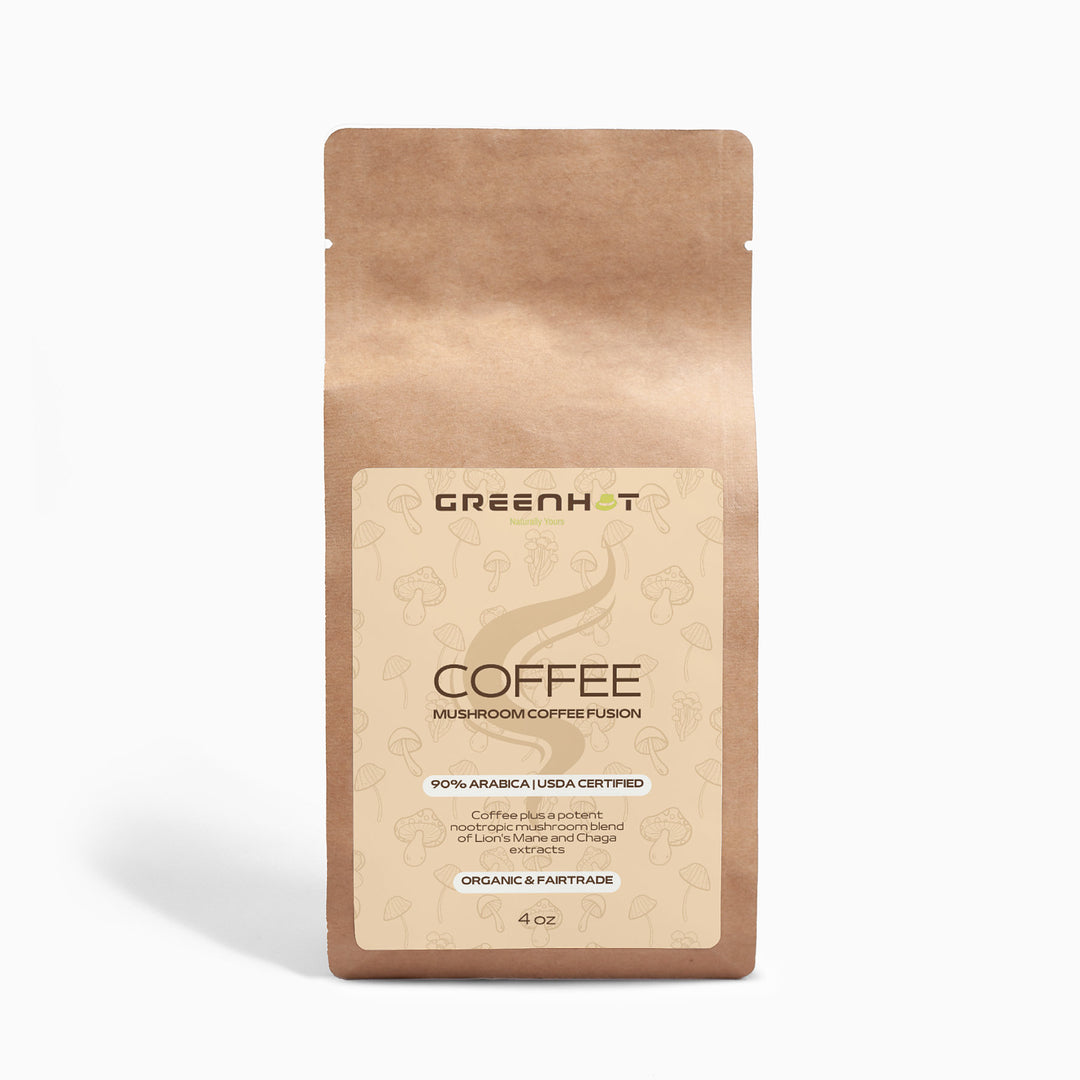
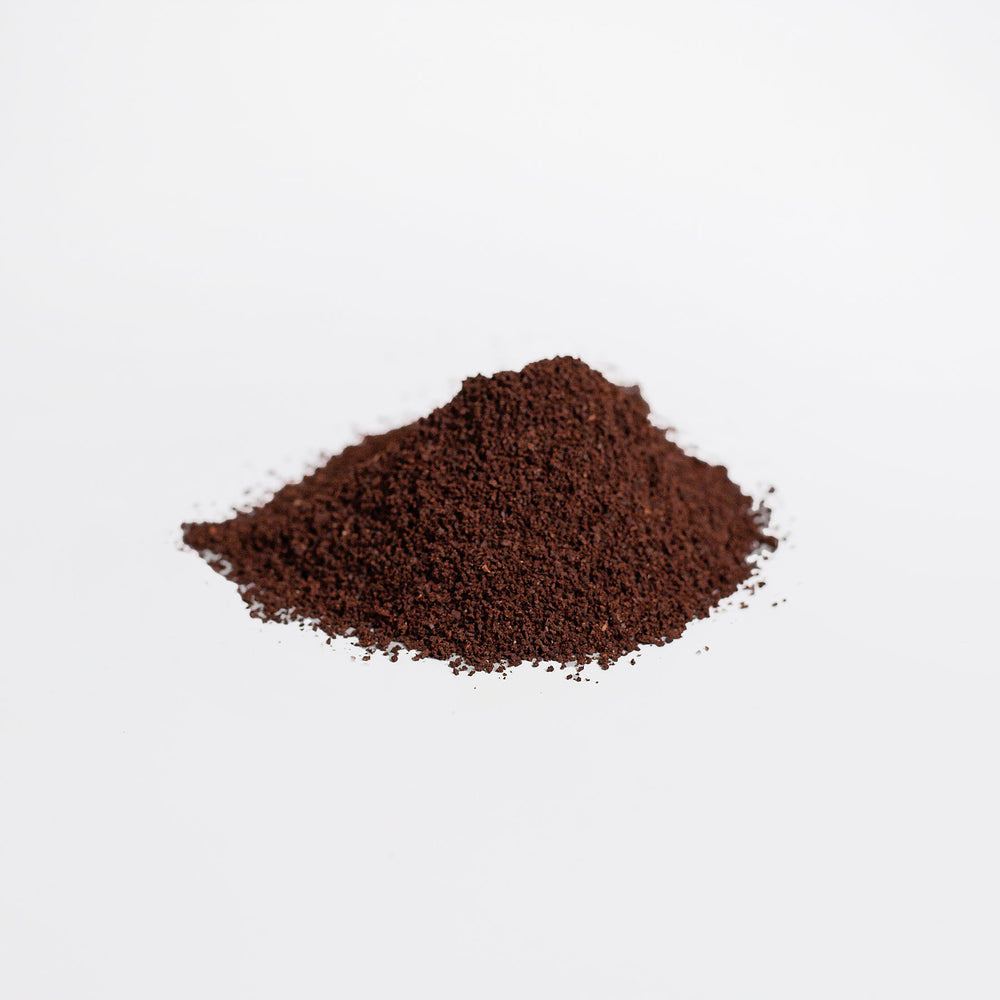
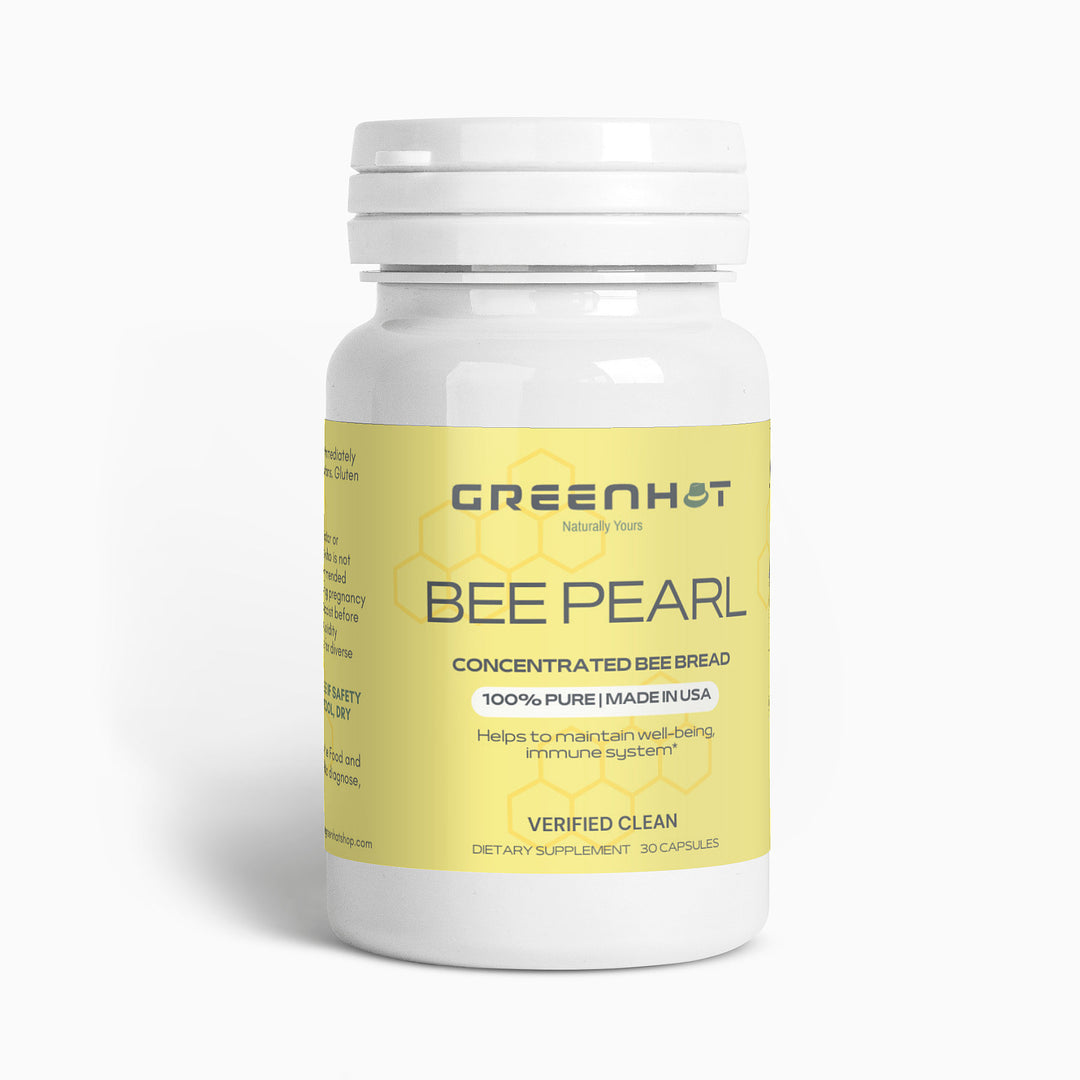
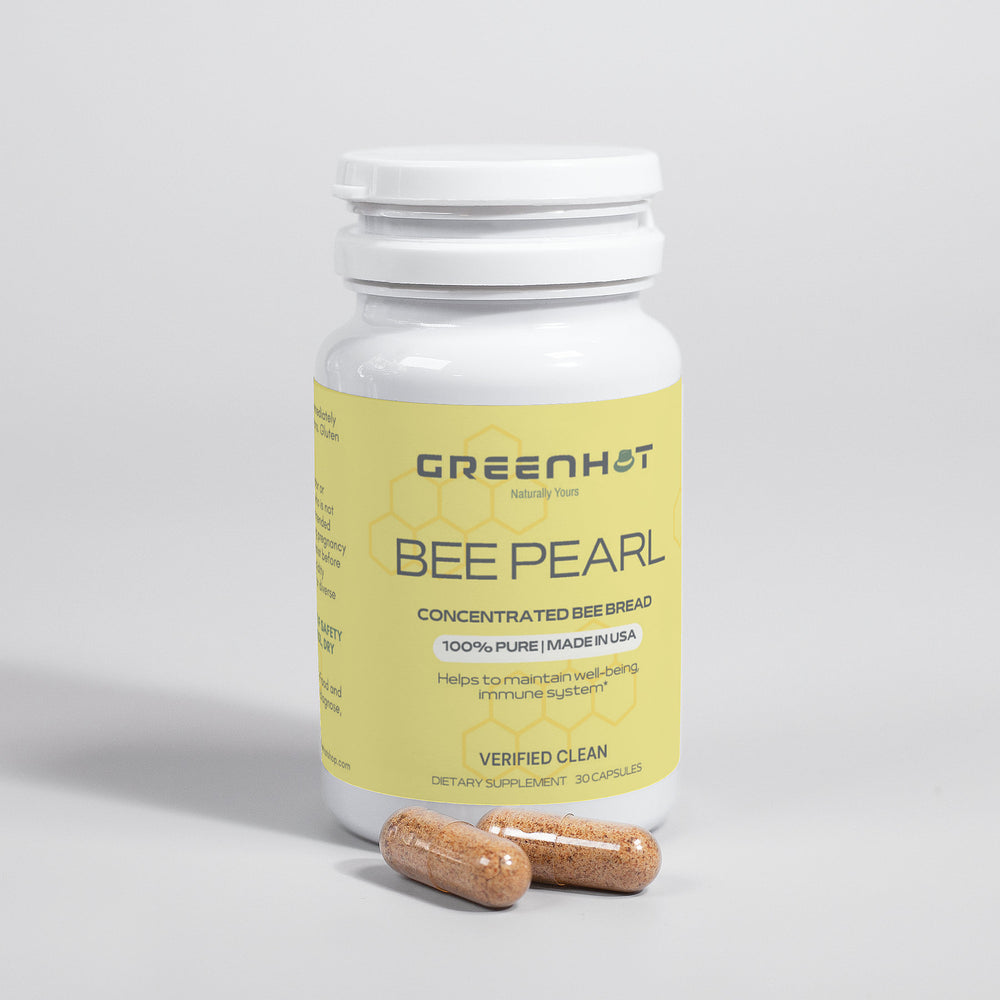
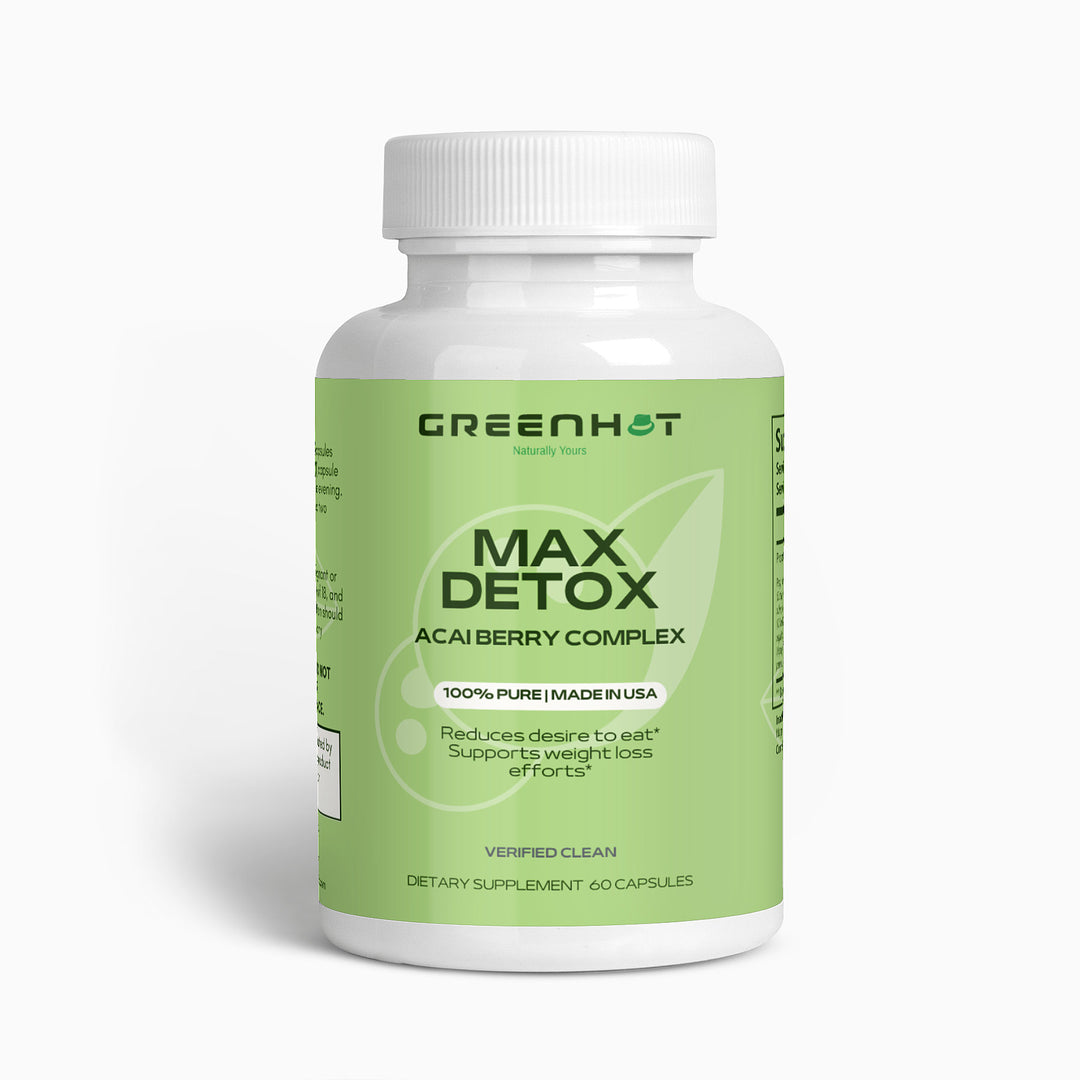
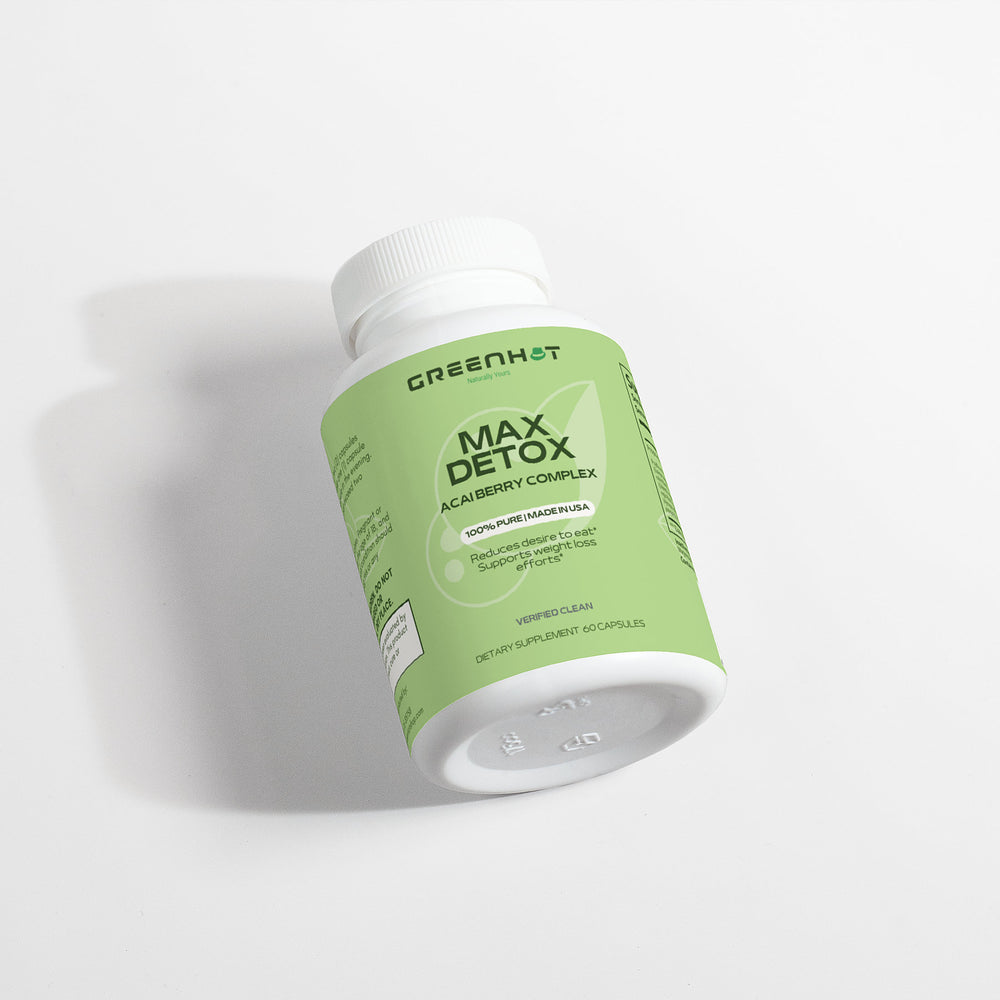



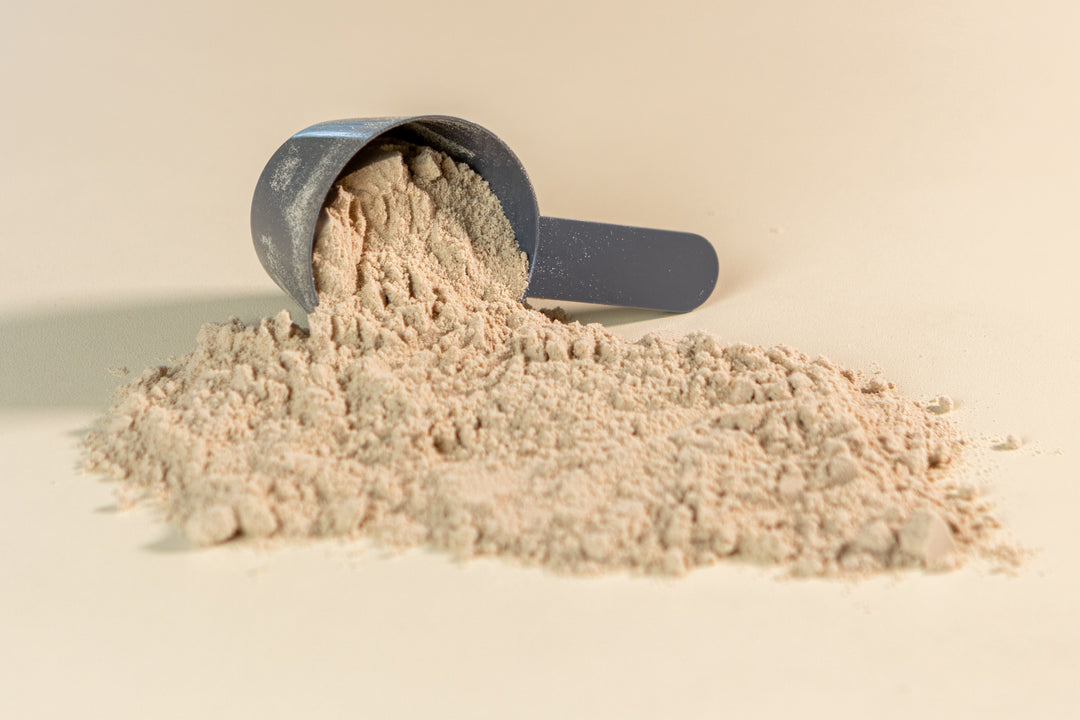







Leave a comment